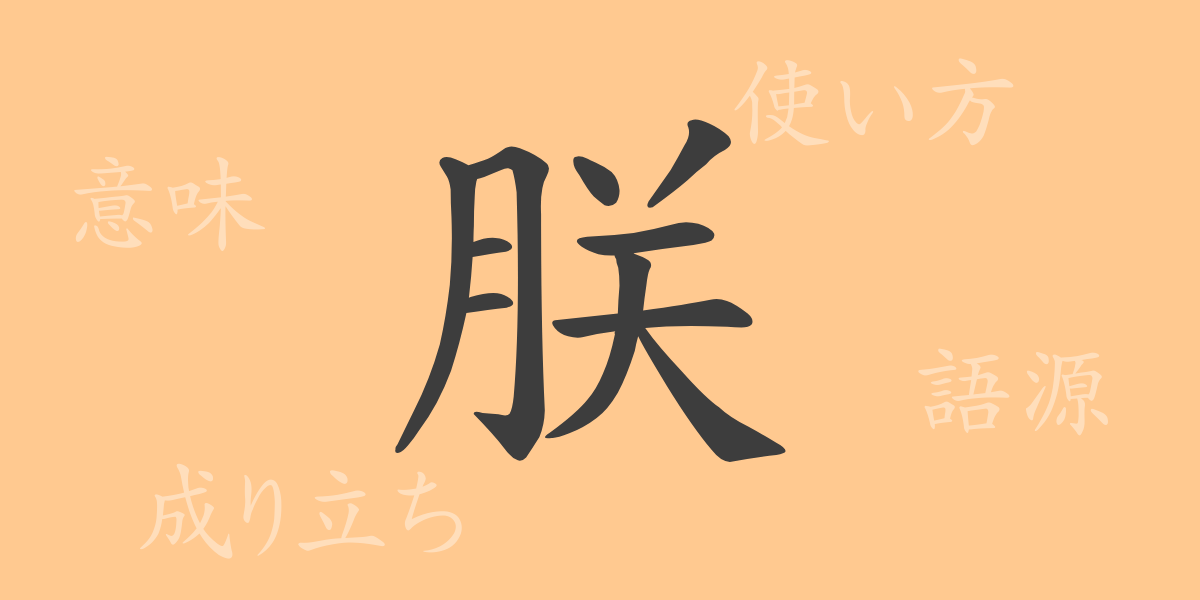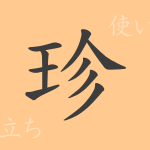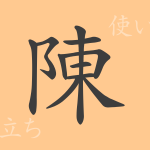In Japanese culture, kanji transcend their roles as mere characters, becoming symbols with rich historical backgrounds and meanings. One such kanji is ‘朕(チン)’, known as the personal pronoun of emperors. This article delves into the origins, modern usage, and the idiomatic expressions of ‘朕’, highlighting its unique presence in the Japanese language.
Origins of ‘朕(チン)’
‘朕’ has been used since ancient China, where it served as the first-person pronoun for emperors. This usage is also observed in Japanese classical literature and historical contexts. Tracing its etymology, ‘朕’ was initially used to denote a part of the body, gradually evolving to symbolize the emperor himself.
Meaning and Usage of ‘朕(チン)’
In modern Japanese, ‘朕’ is rarely used in everyday conversation. It appears mainly in historical texts or specific literary works where it denotes an emperor or an emperor’s self-reference. Figuratively, it can also be used to metaphorically elevate oneself to a noble status, though this is highly specialized and generally avoided in casual speech.
Pronunciation, Stroke Count, and Radical of ‘朕(チン)’
The kanji ‘朕’ features unique readings and structural components:
- Reading: On’yomi is ‘チン’.
- Stroke Count: ‘朕’ consists of 11 strokes.
- Radical: The radical is ‘月(つきへん)’ which relates to the body.
Idioms, Phrases, and Proverbs Using ‘朕(チン)’ and Their Meanings
In contemporary Japanese, idioms or proverbs including ‘朕’ are uncommon. However, in historical or literary texts, the phrase ‘朕躬(ちんきゅう)’ is sometimes used, combining ‘朕’, the first-person pronoun for the emperor, with ‘躬’, meaning body. Together, they refer to ‘myself’, indicating the emperor’s personal involvement and is a phrase of high formality.
Conclusion on ‘朕(チン)’
Each kanji in Japanese bears historical and semantic significance, and ‘朕’ is no exception. Although its use is limited, ‘朕’ holds a special place in the Japanese language and culture. Understanding the historical value and meaning of this kanji can deepen one’s appreciation of the Japanese language.

























